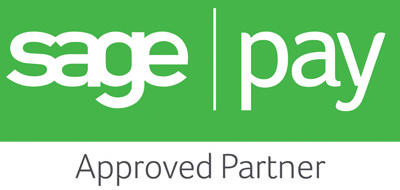Beginners Guide to SEO
SEO is a term you may have heard regarding website development and marketing. It stands for Search Engine Optimisation, which simply put means working to make your website search engine friendly and relevant in the eyes of Google and the other major players in the search engine arena. Anyone can have a website, but getting your site listed as one of the top results for search terms potential customers might use is another matter. It is important that search engines, when they trawl thousands of websites, can see what your site is about in order to return it as a top result in searches your potential customers perform.
There are few SEO jargon terms to understand:
Metadata:
Metadata is text that is either hidden on your website, or part of the copy, that search engines can see easily. It lets them know what your site is about, so if you provide plumbing services in Cornwall, this needs to be included in your site metadata, along with other search terms that are relevant.
Spiders:
No, not the eight legged variety, but what search engines use to crawl around a website picking up vital clues. Spiders read metadata and look at incoming and outgoing links, as well as the frequency of new content being posted. SEO includes building the website so spiders can crawl around easily and find the information you have left for them.
Keywords:
Keywords are a set of terms that pertain to your business or industry, so using the plumbing example you might use plumbing, plumber, reputable plumber, plumbing services alongside location terms and other search terms customers use. You can find these out with research or the help of a marketing agency who specialise in online marketing. Keywords help spiders understand what your website is all about and what search terms should include your website in their results.
Page Rank:
This is the score which Google assigns your site and the pages within it. The clearer it is to the spiders what the site is about, and the more relevant the content the higher the page rank will be. This score affects the placement of your website in search results. Having incoming links from sites with a high page rank can improve yours, but conversely linking to sites with a low page rank can actually downgrade yours.
The more relevant a website, the higher it appears in search results and the more likely it is that a potential customer will find you online. It might be tempting to fill your website with keyword-heavy content and lots of links to trusted websites like wikipedia, or BBC archives, but Google can't be tricked this easily. They know the common cheating shortcuts and will actually downgrade a page if keywords appear too frequently, or there are a lot of reciprocal links, or a higher ratio of outgoing to incoming links which appear to go to unverified websites.
Google's search engineers regularly review their criteria for assigning page rank, but they don't give this information out freely, leaving novice online marketers to second guess what actions they can take to improve the SEO of their site. Although the basic rules can be deduced by a tech-savvy person, knowing how to improve your website SEO and what to do next is the tricky part. It can take years to build up a picture of how Google does this, and for this reason online marketing agencies specialising in SEO are great to have on your side for the sheer amount of knowledge they bring.
